10 Research-Based Resolutions for a Healthier 2020
Published: January 9, 2020
Do you make New Year’s resolutions? Maybe you’ve vowed to save more money, declutter your house or learn a new skill. Don’t forget to include some resolutions that will support better health in 2020, as well! Recent research reveals 10 things that could see you healthier and happier at the end of the year.
Make time for exercise. Our lives are busy—but adding more physical activity to your routine will benefit not only your body but your mind and emotional health! Have your doctor “prescribe” an exercise program that includes aerobic, strength-building, flexibility and balance activities. And even if you have a daily workout, don’t spend the rest of the day on the couch or behind your desk. Stand up, take short walks and stretch at intervals all day long.
If you’re always resolving to lose weight, make 2020 the year you succeed! The CDC says that 36% of Americans today are overweight. If you’ve tried and tried again, but the pounds won’t budge, talk to your healthcare provider. Rather than fad diets that might result in even more weight gain, a combination of diet, exercise and being more conscious about what you’re eating can result in steady progress.
Improve your diet. Even if you’re not trying to lose weight, eating a healthier diet can improve your health in so many ways! Take the “eat this, not that” challenge by substituting healthy fats for saturated fat, eating more fruits, vegetables, and whole grains, and avoiding processed foods with lots of sugar and sodium. This might be the year to consult a nutritionist about an eating plan that meets your basic needs and any special dietary requirements you might have.
Get your health screenings. When it comes to health conditions, the earlier a problem is diagnosed, the better. Follow your doctor’s recommendations for cancer screenings (e.g., a mammogram, colonoscopy or prostate check), and measurements of your cholesterol level, blood pressure, and blood sugar. Preventive care might also include a dilated eye exam and bone mass measurement.
Quit smoking. Here’s another resolution that should be at the top of your list—but if it reappears every year, this means your quit smoking efforts need some help! Ask your doctor to recommend a quit smoking program, and stick to it even if you don’t succeed the first time. Need more motivation? Check out this tool to see how much money you’ll save if you quit!
Evaluate your alcohol consumption. This one is certainly appropriate for January 1 – the morning after! Experts say Americans are drinking too much, and that includes both young and old. Overconsumption of alcohol damages our health and relationships. If you think you might be overdoing it, be open and honest with your doctor and ask about a strategy for cutting back.
Cultivate a sense of purpose. Feeling like we have a place in the world provides a powerful health boost, but health challenges or retirement can deal a blow to our self-esteem. It’s worth it to think about what really matters to us! Rush University professor Patricia Boyle, Ph.D., advises, “Purpose in life differs for everyone and it is important to be thoughtful about what motivates you (such as volunteering, learning new things, or being part of the community) so you can engage in rewarding behaviors.”
Spend more time with others. Experts caution that people in the U.S. are suffering from a “loneliness epidemic.” We are a social species, so this isn’t good for our health. According to the University of Chicago’s Dr. John Cacioppo, “Chronic loneliness belongs among other health risks, such as smoking, obesity or lack of exercise.” Make the effort to be around other people. Call an old friend for a lunch date. Chat with a neighbor. And this is another way volunteering can be so beneficial!
Reduce your fall risk. In an instant, a fall can change our lives. You can lower your risk by getting plenty of exercise, keeping your glasses or contact lens prescription up to date, wearing the right shoes, having your medications reviewed, limiting alcohol consumption, and removing hazards from your home that might trip you up. Ask your doctor if a balance class would be of benefit to you.
Don’t buy bogus health products. If you watch TV or go on the internet, you’re probably bombarded with ads for “miracle health products.” These supplements and devices might promise to make us look younger, increase our brainpower or “burn off the fat fast.” Save your money. The FDA warns that the products sold by these modern-day snake oil salesmen are at best useless, and can even harm our health. Talk to your doctor before taking any supplements.
Source: IlluminAge


